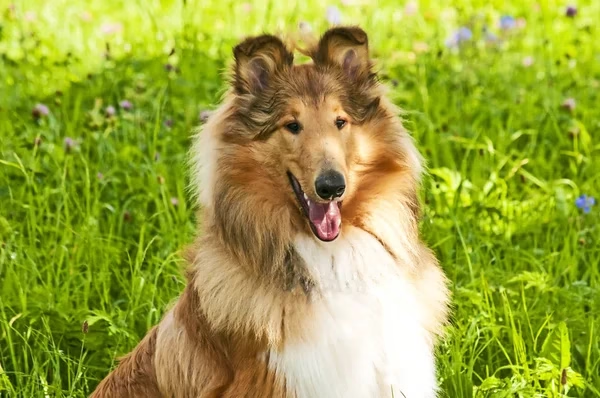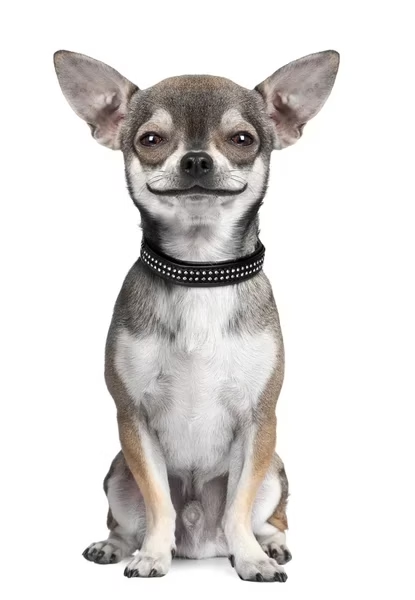Introduction: Meet the Basenji

The Basenji is a small but athletic breed known for its independence, intelligence, and unique characteristic—it doesn’t bark. Often called the “barkless dog,” the Basenji produces a unique yodel-like sound known as a “barroo.” Originating in Central Africa as a hunting companion, this ancient breed is prized for its clean habits, keen eyesight, and cat-like personality. If you’re looking for a clever and low-odor companion with a strong sense of self, the Basenji may be the perfect pet for your home.
Breed Overview: Quick Facts About the Basenji
| Trait | Description |
|---|---|
| Origin | Central Africa |
| Group | Hound Group |
| Height | 16–17 inches (41–43 cm) |
| Weight | 22–24 lbs (10–11 kg) |
| Lifespan | 12–16 years |
| Coat | Short, fine, and glossy |
| Colors | Chestnut red, black, brindle, tricolor |
| Energy Level | High |
| Trainability | Moderate (independent thinker) |
| Good with Kids | Yes (with early socialization) |
History and Origins of the Basenji
The Basenji is one of the world’s oldest dog breeds, originally used by Central African tribes for hunting and tracking game in dense forests. Carvings resembling Basenjis have been found in ancient Egyptian tombs, showcasing their long-standing bond with humans. Western explorers discovered these dogs in the Congo region during the 19th century, eventually bringing them to Europe and America.
Physical Characteristics of the Basenji
Basenjis are elegant and graceful dogs with a finely built frame. They have almond-shaped eyes, tightly curled tails, and a smooth coat that lies close to the skin. Their forehead wrinkles and erect ears give them a constantly alert expression.
Color varieties include:
- Chestnut Red with white feet, chest, and tail tip
- Black and White
- Tricolor (black, tan, and white)
- Brindle (black stripes on red)
Temperament and Behavior of the Basenji
Quiet and Independent
One of the most distinctive traits of the Basenji is its quiet nature. Instead of barking, it emits yodels or whines, making it suitable for apartments—provided its energy needs are met.
Curious and Clever
Basenjis are highly intelligent but also stubborn. They require consistent, reward-based training and benefit from puzzle toys and agility games to challenge their minds.
Clean and Cat-Like
Much like felines, Basenjis groom themselves regularly, have minimal odor, and dislike getting wet. Their independent personality makes them unique among dogs.
Is the Basenji Right for You?
Ideal Home Environment
The Basenji thrives in environments that provide mental stimulation and space for play. They do well in both homes and apartments if given ample exercise.
Best Suited For:
- Active singles or couples
- Owners with fenced yards
- Experienced dog owners
- People who appreciate quiet dogs
Training and Socialization Needs
Basenjis are not the easiest breed to train. Their independent nature means they may question commands unless they see value in them. However, with patience and positive reinforcement, they can learn quickly.
Training Tips:
- Start socialization early
- Keep training sessions fun and short
- Use high-value treats or favorite toys
- Avoid harsh discipline—it can backfire
Grooming and General Care
Basenjis are extremely low-maintenance:
- Brushing: Once a week is enough
- Bathing: Rarely needed
- Nails: Trim monthly
- Teeth: Brush several times a week
Due to their neat nature, they are often favored by owners with allergies or sensitivities to dog odors.
Health Considerations
While generally healthy, Basenjis are prone to some breed-specific conditions:
Common Health Issues:
- Fanconi Syndrome: A kidney disorder affecting nutrient absorption
- Progressive Retinal Atrophy (PRA): Leads to vision loss
- Hypothyroidism
- Hip Dysplasia
Prevention Tips:
- Adopt from a responsible breeder who screens for hereditary diseases
- Schedule regular veterinary visits
- Provide high-quality food and daily exercise
Exercise Requirements
Despite their small size, Basenjis are full of energy. They require 45–60 minutes of physical activity each day.
Recommended Activities:
- Daily walks or jogs
- Agility or lure coursing
- Play sessions in a secure yard
- Mental stimulation with treat puzzles
A bored Basenji can become mischievous or destructive—mental enrichment is a must!
Pros and Cons of the Basenji
| Pros | Cons |
|---|---|
| Clean, odor-free, and low-shedding | Not suitable for novice dog owners |
| Quiet—does not bark | Can be stubborn or aloof |
| Highly intelligent | Needs lots of mental stimulation |
| Good for apartment living (with exercise) | Not trustworthy off-leash |
Fun Facts About the Basenji
- They are one of the only breeds that do not bark.
- Basenjis go into heat only once per year—unlike most dogs.
- They are known to climb and even escape fences due to their agility.
- The breed is nicknamed “Africa’s barkless dog.”
Final Thoughts: Is the Basenji the Right Breed for You?
The Basenji is a breed like no other. With its clean habits, elegant appearance, and quiet nature, it can make a wonderful companion for the right owner. However, it is not a breed for everyone. If you’re seeking a highly trainable or overly affectionate dog, look elsewhere. But for experienced dog lovers who appreciate independence and intelligence, the Basenji is a truly fascinating choice.
👉 Want help finding the right dog breed for your lifestyle? Check out our guide to choosing the right pet.
👉 Learn more about the official Basenji breed standard at the AKC.







